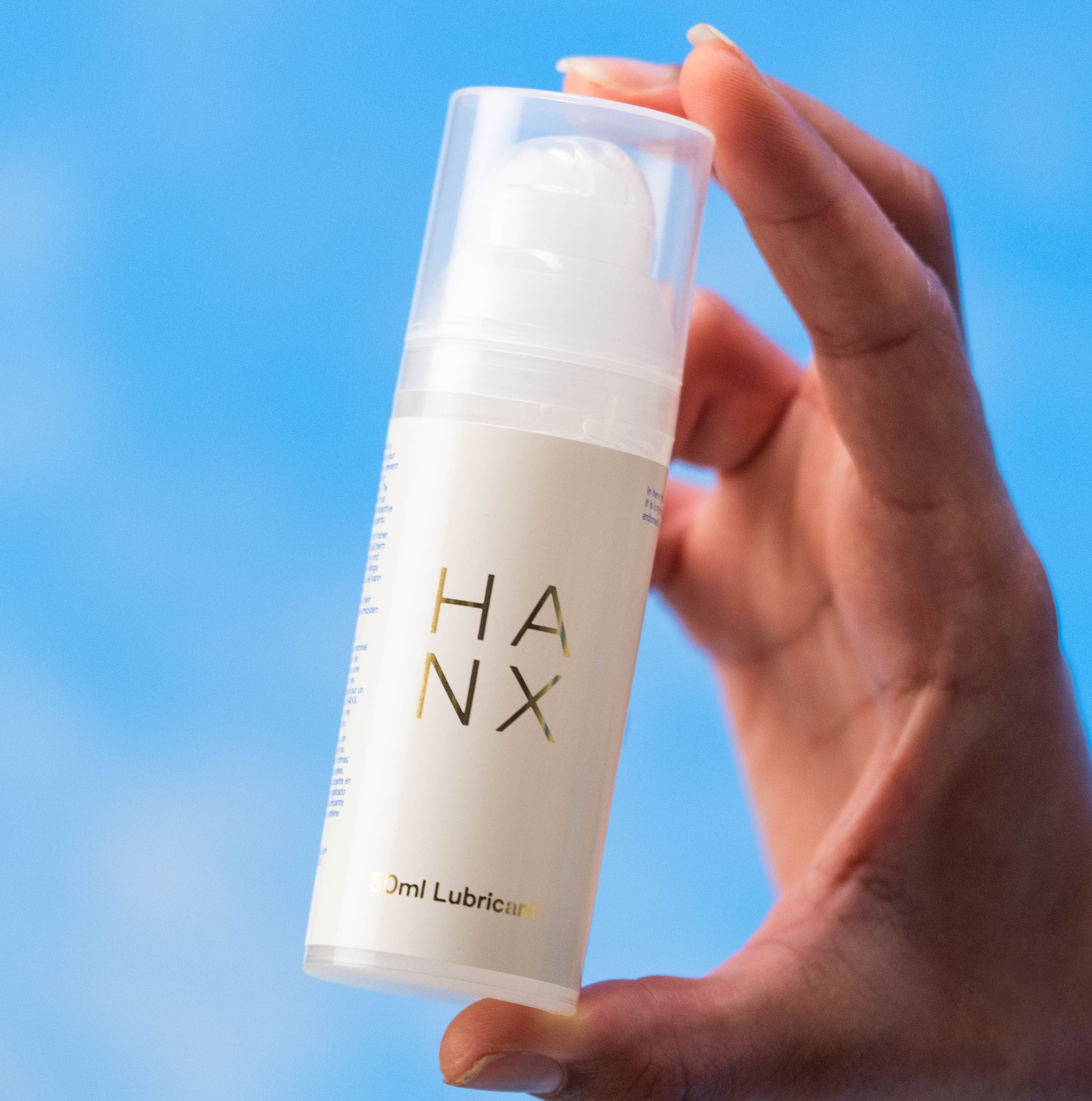Everything You Need To Know About The Side Effects Of Weight Management Medications
The new generation of weight management medication for weight loss, including have shown remarkable efficacy in clinical trials - and can be a real support for people looking to manage their weight sustainably and not for the short term. Yes, the weight management programme via HANX can kickstart positive progress to meet your long term health goals - but it’s not an ‘easy solution’. By mimicking the effects of the GLP-1 hormone, these medications can promote substantial weight loss while improving blood sugar control*. However, as with any medication, weight management support medications do carry some potential side effects that you should be aware of before starting treatment, so you know what to expect and how to handle them. Here's an overview of what to watch out for...
Gastrointestinal Issues
The most common side effects of weight management medication affects the gastrointestinal system. These can include:
- Nausea
- Vomiting
- Diarrhoea
- Constipation
- Abdominal pain/cramping
Fortunately, these side effects tend to be temporary as the body adjusts to the medication. They are often mild and can be minimised by taking the drug around mealtimes and increasing the dosage gradually. This is why prescribing pharmacists monitor patients’ experiences closely and why all patients start on the lowest dose, which gets increased monthly until a maintenance dose is reached. However, some patients may need to stop treatment if GI issues become too severe. If you’re at any point worried or concerned about side effects of your weight management medication, speak to your prescribing pharmacist during your follow-up consultation.
Pancreatic Inflammation
While very rare, there have been some reports of acute pancreatitis (inflammation of the pancreas) associated with these medications. This serious condition requires immediate medical attention.
For this reason, this medication is not suitable for people with a history of pancreatitis or pancreatic disease. Prescribers will closely monitor patients for symptoms like persistent severe abdominal pain that could indicate pancreatitis.
Lower Blood Sugar (Hypoglycemia)
Since weight management medications work by increasing insulin production from the pancreas, they can cause episodes of low blood sugar (hypoglycemia) in some patients, particularly those also taking insulin or insulin secretagogues. Hypoglycemia symptoms may include dizziness, shakiness, confusion, and loss of consciousness in severe cases.
Patients receiving weight management medication in combination with an insulin secretagogue (for example, a sulphonylurea) or insulin may have an increased risk of hypoglycaemia.
Other Potential Effects
Everybody is unique and that means you may react differently (if at all!) to others. Some other possible side effects that have been reported include:
- Injection site reactions like redness, itching, or swelling
- Fatigue
- Increased heart rate
- Gallbladder issues
- Changes in vision or difficulty with smell
Most of these effects are relatively mild if they occur at all. However, it's important to report any unusual or persistent symptoms to your prescriber right away. As with starting any new medication, being conscious, open and proactive about reporting any concerning symptoms to your prescriber is crucial.
How can I overcome these potential side effects?
Stop use immediately if you experience a severe reaction to the medication. Seek immediate medical attention (call 999 or go straight to A&E) if you develop a severe rash, trouble breathing, a very fast heartbeat, swelling in the face, tongue or throat or symptoms which otherwise are concerning.
While the possibility of side effects might seem daunting, everyone is different and you may not experience any at all! There are many ways to mitigate many of these side effects and your prescriber is on hand to help you on your journey.
Please note: Medication will be prescribed and dispensed by our trusted third party pharmacy partner, who is a registered pharmacy. HANX is not a registered pharmacy.
Want more?
- 50% of women experience menopausal weight gain - here’s why.
- Find out all about HANX’s weight management programme and start your consultation.
- How does pricing work on the new weight management programme at HANX? Here's our guide.






















